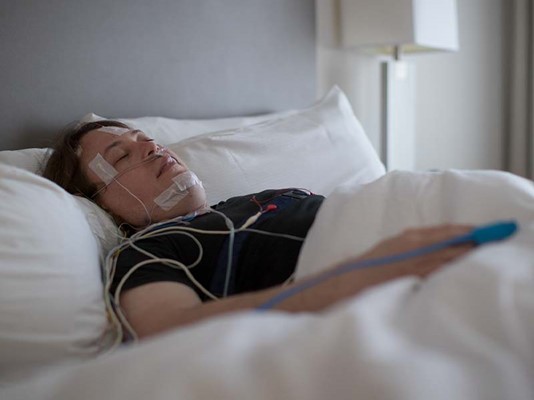Snoring and sleep apnea are common sleep disorders that can impact your health and quality of life. While many people snore occasionally, habitual snoring or the presence of sleep apnea requires medical attention. This article explores the causes, risks, and treatments for snoring and sleep apnea, offering insights into how you can manage these conditions effectively.
What is Snoring?
Snoring occurs when air flow through the mouth and nose is partially blocked during sleep. This blockage causes the tissues in the throat to vibrate, creating the snoring sound. Snoring can range from a mild nuisance to a serious problem, depending on its frequency and intensity.
Common Causes of Snoring:
- Nasal Congestion: Blocked nasal airways can force you to breathe through your mouth, leading to snoring.
- Obesity: Excess weight, especially around the neck, can compress the airway and increase snoring.
- Alcohol Consumption: Alcohol relaxes the throat muscles, leading to snoring.
- Sleep Position: Sleeping on your back can cause the tongue and soft palate to collapse to the back of the throat, which can obstruct the airway.
What is Sleep Apnea?
Sleep apnea is a more severe condition characterized by repeated interruptions in breathing during sleep. These interruptions, called apneas, can last for a few seconds to minutes and occur multiple times throughout the night. There are two main types of sleep apnea:
- Obstructive Sleep Apnea (OSA): This is the most common type and occurs when the throat muscles relax excessively and block the airway.
- Central Sleep Apnea (CSA): This type occurs when the brain fails to send the correct signals to the muscles that control breathing.
Common Causes of Sleep Apnea:
- Obesity: Similar to snoring, excess weight can lead to OSA.
- Large Tonsils or Adenoids: Enlarged tonsils or adenoids can obstruct the airway, particularly in children.
- Aging: As we age, the muscles in the throat become more relaxed, increasing the risk of sleep apnea.
- Genetics: A family history of sleep apnea can increase your risk of developing the condition.
Health Risks Associated with Snoring and Sleep Apnea
Both snoring and sleep apnea can have significant health implications:
- Daytime Fatigue: Frequent interruptions in sleep can lead to excessive daytime sleepiness and fatigue.
- High Blood Pressure: Sleep apnea can cause increases in blood pressure, which can lead to cardiovascular issues.
- Heart Disease: Individuals with untreated sleep apnea are at a higher risk of developing heart disease.
- Diabetes: Sleep apnea can increase insulin resistance, raising the risk of type 2 diabetes.
- Stroke: The risk of stroke is higher in individuals with severe sleep apnea.
Effective Treatments for Snoring and Sleep Apnea
Managing snoring and sleep apnea often involves lifestyle changes and medical treatments. Here are some effective approaches:
- Lifestyle Changes:
Weight Loss: Reducing excess weight can decrease the severity of snoring and sleep apnea.
Sleep Position: Sleeping on your side rather than your back can prevent airway obstruction.
Avoid Alcohol: Limiting alcohol consumption, especially before bedtime, can reduce snoring.
Nasal Congestion Relief: Using nasal strips or a humidifier can help reduce nasal congestion.
- Medical Treatments:
Continuous Positive Airway Pressure (CPAP): CPAP therapy is the most common treatment for sleep apnea. It involves using a machine that provides a continuous stream of air through a mask to keep the airway open.
Dental Appliances: Oral devices can help reposition the lower jaw and tongue to keep the airway open during sleep.
Surgery: In severe cases, surgical options may be considered to remove excess tissue from the throat or correct structural issues.
- Consult a Specialist
If you experience persistent snoring or symptoms of sleep apnea, it’s important to consult a sleep specialist. They can conduct sleep studies to diagnose the condition and recommend appropriate treatment.
Conclusion
Snoring and sleep apnea are conditions that can impact your overall health and well-being. Understanding the causes, risks, and available treatments can help you manage these issues effectively. By making lifestyle changes and seeking medical advice, you can improve your sleep quality and reduce the risks associated with these disorders. If you suspect you have sleep apnea or are concerned about your snoring, don’t hesitate to reach out to a healthcare professional for guidance and support.
